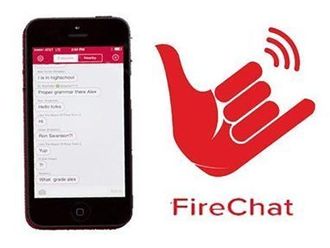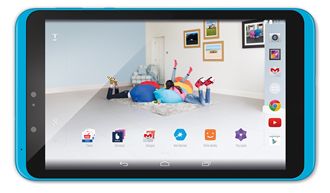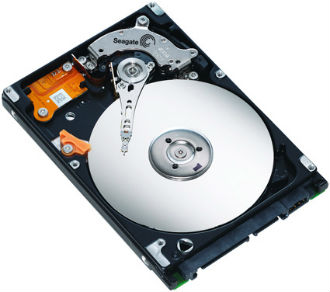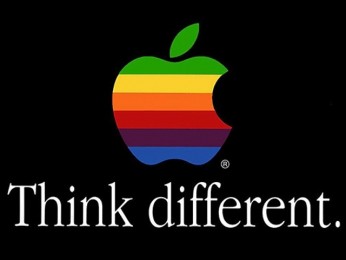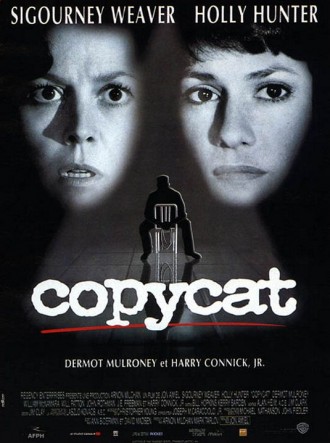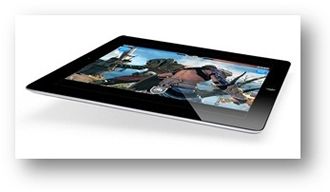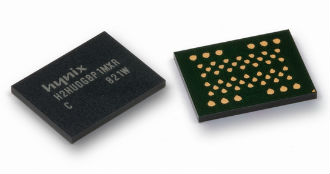 Intel has stuck two fingers up at all women everywhere by bowing to a misogynist campaign to silence women who complain about sexism in computer gaming and the IT industry.
Intel has stuck two fingers up at all women everywhere by bowing to a misogynist campaign to silence women who complain about sexism in computer gaming and the IT industry.
Intel has pulled an advertising campaign from video gaming website Gamasutra after it dared to back a campaign calling for better gender representation in video games.
A group called Operation Disrespectful which normally targets writers, journalists, and developers who fail to agree that women should be sex objects, apparently leant on Gamasutra’s advertisers – in this case Intel. Operation Disrespectful supporters have been linked to campaigns of harassment against prominent women in the industry – calling for them to be raped or beaten up.
Operation Disrespectful called on its supporters to contact companies that advertise on video game-focused websites such as Gamasutra and Kotaku in order to complain about five specific articles that suggested the concept of the “gamer” as an identity was fading away.
Now the group has claimed a victory now that Intel has pulled its advertising from website Gamasutra.
Intel has confirmed the move in a chat to Recode. “We take feedback from our customers very seriously especially as it relates to contextually relevant content and placements.”
So in other words, if the majority of gamers are sexist idiots who want to treat women like scum then Intel does not want to hack them off.
Intel called a serious of articles by Gamasutra editor-at-large Leigh Alexander “controversial.” Her article argued that the games industry has now ballooned that it had outgrown its niche origins, making a gamer’s image – that of a spotty Herbert playing in his mother’s basement and never seeing a real girl no longer correct.
But the piece quickly drew flak from those who are still living that image and are particularly resentful of “feminist gamers” who want a more realistic depiction of women in games.
Operation Disrespectful was born from the #GamerGate hashtag which was first used by anti-left actor Adam Baldwin when he made reference on Twitter to independent game developer Zoe Quinn. Their antics have the backing of US right-wing groups such as the American Enterprise Institute.
Intel admitted it was difficult to work out how pervasive support for #GamerGate is in the wider gamesplaying community, but it is clear that it does not want to take any risks.
Gamasutra, which will presumably lose income because of Intel’s decision, is an outlet that caters to video game developers, hosting diaries from industry professionals and maintaining job listings for those who make games for a living.
However, it is clear that Intel failed to understand that the #GamerGate “movement” is exactly the sort of thing which is keeping the gaming community in the dark ages. While women are increasingly playing games, they have to deal with an industry which sees women as sex objects to be bullied by men. If women want to play computer games it is probably better that they use gear from AMD, Nvidia and ARM and see the Intel inside logo as a symbol of all they hate about the gaming community.
In backing a campaign like #GamerGate, Intel has insulted women gamers, and indeed women everywhere. Since half of Intel’s customers must be women, maybe it is time for them to boycott a company which supports pressure from those who treat them in the same way as the Taliban.
 After receiving legal threats from a top notch Hollywood lawyer, Google has downed tens of thousands of pictures of celebrities.
After receiving legal threats from a top notch Hollywood lawyer, Google has downed tens of thousands of pictures of celebrities.